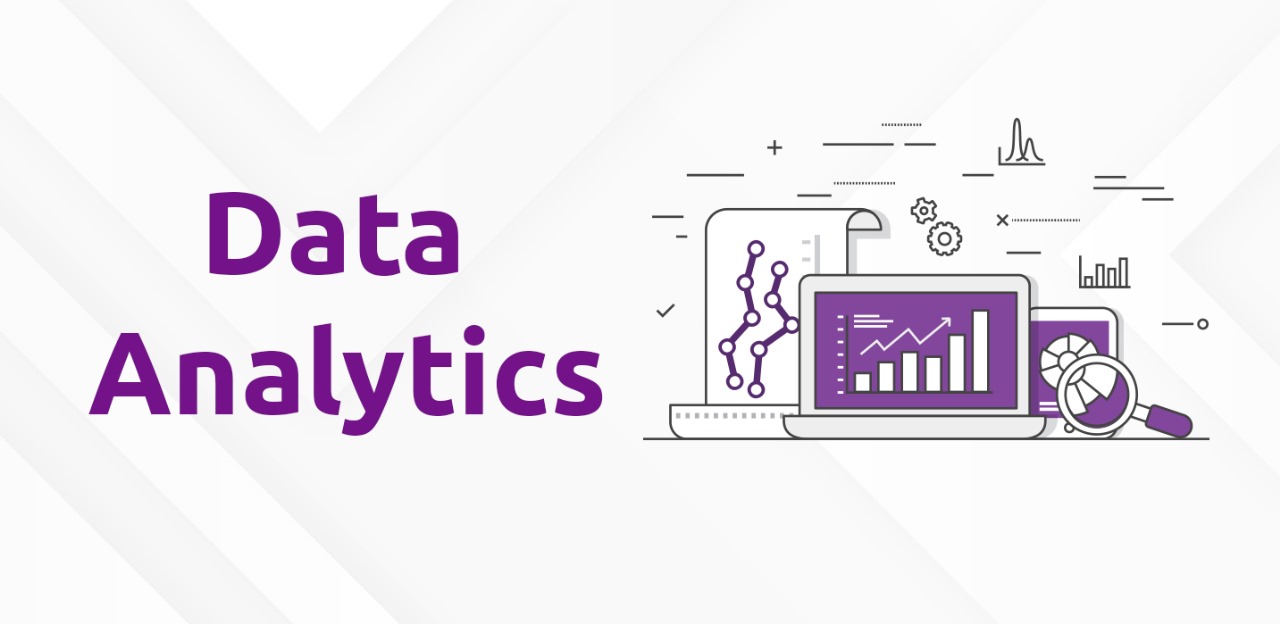Importance of Data Analytics
Why is Data Analytics Important?
Data has become the backbone of modern decision-making across industries. Businesses today rely on data analytics to transform raw data into actionable insights. In this blog, we’ll explore why data analytics is so important and how it shapes industries. Whether you’re considering enrolling in a Data Analytics Course in Bangalore or just curious about this field, understanding its value can help you appreciate its impact on today’s world.
What is Data Analytics?
Before diving into its importance, let’s briefly discuss what data analytics is. In simple terms, data analytics is the process of analyzing raw data to make informed decisions. It involves using tools and techniques to discover patterns, draw conclusions, and make predictions based on data. These insights are then used by businesses to enhance their strategies, improve products, and optimize performance.
For a deeper understanding of data analytics, visit our blog on What is Data Analytics.
Why is Data Analytics Important?
1. Better Decision-Making
One of the primary reasons data analytics is so important is its ability to improve decision-making. Businesses, regardless of their size, generate vast amounts of data daily. Without analytics, this data would be meaningless.
With the help of data analytics, businesses can analyze past trends, customer behavior, and market conditions. This allows them to make informed decisions based on facts rather than intuition. For example, e-commerce companies can use data analytics to understand customer preferences and offer personalized recommendations, leading to higher customer satisfaction and sales.
2. Enhancing Customer Experience
In today’s competitive market, understanding the customer is crucial. Data analytics plays a vital role in analyzing customer feedback, browsing patterns, and purchase behavior. By analyzing this data, businesses can identify what their customers want, what they don’t like, and where they’re facing challenges. This information allows companies to fine-tune their products and services, resulting in a more personalized and satisfying customer experience.
3. Cost Optimization
Every business aims to reduce costs without compromising on quality. Data analytics can help in this area by identifying inefficiencies in operations. For example, manufacturing companies can use data to track equipment performance and predict when machines are likely to fail. This allows them to schedule maintenance before problems arise, avoiding costly downtime.
Retailers, on the other hand, can use data analytics to optimize their supply chains, ensuring they stock the right amount of products at the right time. By analyzing historical data, they can predict demand and avoid overstocking or understocking, both of which can lead to losses.
4. Identifying Market Trends
Another crucial aspect of data analytics is its ability to spot emerging trends. Whether it’s a new customer demand or a shift in the market, companies that can quickly adapt to these changes often have the edge over their competitors.
For instance, businesses can use data analytics to monitor social media trends and customer reviews, enabling them to spot new opportunities early. This can give them a competitive advantage and help them stay ahead of the curve.
To understand more about how data analytics shapes the role of professionals in various sectors, explore our detailed post on the Role of Data Analysts in Industry.
Role of Data Analytics in Different Industries
1. Healthcare
In the healthcare industry, data analytics is used to improve patient care and outcomes. By analyzing patient data, healthcare providers can identify patterns, predict outbreaks of diseases, and personalize treatment plans.
2. Finance
In the financial sector, data analytics is crucial for risk management, fraud detection, and investment decisions. Banks and financial institutions use data to evaluate credit risk, monitor transactions, and forecast market trends.
3. Retail
For the retail industry, data analytics helps companies understand customer buying patterns, optimize pricing, and enhance inventory management. This leads to better customer satisfaction and increased profits.
Importance of Data Analytics for Career Growth
If you’re thinking of pursuing a career in data analytics, there’s no better time than now. Data-driven decision-making is essential in almost every industry, and professionals with strong data analytics skills are in high demand.
By enrolling in a Data Analytics Course in Bangalore, you’ll be able to acquire the skills necessary to analyze complex datasets, draw meaningful conclusions, and make data-backed recommendations. Bangalore, known as the tech hub of India, offers a wealth of opportunities for data professionals, with numerous companies and startups looking for skilled analysts.
Conclusion
In conclusion, the importance of data analytics cannot be overstated. From helping businesses make better decisions to enhancing customer experiences and optimizing costs, data analytics is a game-changer for industries. As businesses continue to generate more data, the need for skilled data analysts will only grow.
If you're interested in becoming a part of this dynamic field, enrolling in a Data Analytics Course in Bangalore could be your first step toward a rewarding career.
Make sure to check out our other related blogs:
Stay data-driven and ahead of the curve!

